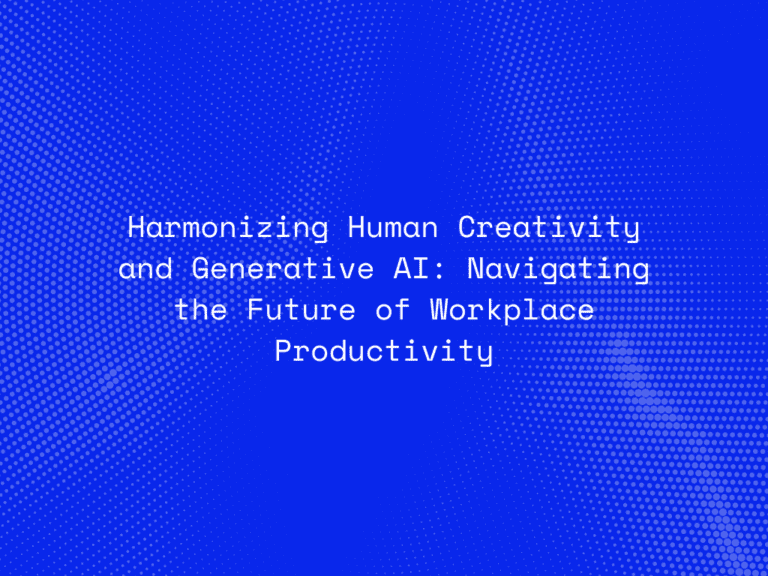There are several potential and challenges associated with artificial intelligence (AI), which is developing at a rate never seen before. Although AI can transform industries and enhance lives, it also brings up important ethical issues that need to be carefully considered and navigated. In this blog article, we explore the moral complexity of navigating the technologically innovative era of AI research, delving into its ethical aspects.
Understanding Ethical Considerations in AI Development:
The development of AI takes several ethical factors into mind, such as data privacy, bias, accountability and transparency. In order to guarantee that AI technologies are created and applied ethically, it is imperative to address these ethical issues as AI systems grow more and more integrated into different facets of daily life. Through an ethical examination of AI development, stakeholders may minimize possible hazards and optimize AI’s beneficial effects on people and society at large.
Data Privacy:
Data privacy is a fundamental ethical consideration in AI development, as AI systems rely on vast amounts of data to learn and make decisions. Ensuring the privacy and security of user data is essential to protect individuals’ rights and maintain trust in AI technologies. Developers must implement robust data protection measures, such as encryption, anonymization, and access controls, to safeguard sensitive information from unauthorized access or misuse.


Bias:
Bias in AI algorithms can lead to unfair or discriminatory outcomes, perpetuating existing societal inequalities. Developers must be vigilant in identifying and mitigating biases in AI systems, particularly those related to race, gender, ethnicity, or socioeconomic status. Techniques such as bias detection, bias mitigation, and diverse dataset collection can help address bias in AI algorithms and promote fairness and equity in decision-making processes.
Transparency:
Transparency in AI development refers to the openness and accountability of AI systems and their underlying algorithms. Providing transparency allows users to understand how AI systems work, how they make decisions, and what data they use. By disclosing information about AI systems’ capabilities, limitations, and potential biases, developers can empower users to make informed choices and hold AI systems accountable for their actions.
Accountability:
Accountability is essential in AI development to ensure that developers, organizations, and stakeholders are held responsible for the ethical implications of their AI systems. Establishing clear lines of accountability helps address issues such as algorithmic errors, unintended consequences, and ethical violations. Developers should implement mechanisms for monitoring, auditing, and reviewing AI systems to identify and rectify ethical lapses or misconduct.
Conclusion:
Navigating the moral landscape of AI development requires careful consideration of ethical considerations such as data privacy, bias, transparency, accountability, and impact on society. By addressing these ethical challenges, developers can build AI systems that uphold ethical principles, respect human rights, and promote the common good. As AI continues to evolve, it is essential to prioritize ethical values and ensure that AI technologies serve as tools for positive change and progress in the world.




